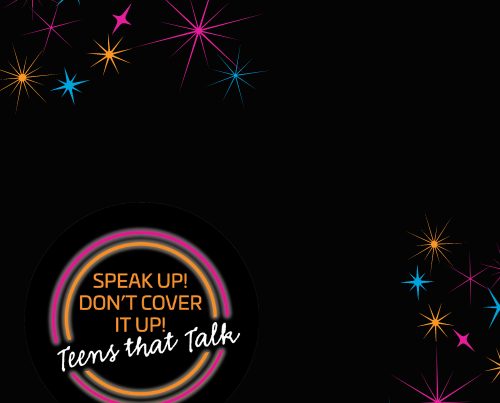Gaslighting is a type of emotional and psychological abuse that creates doubts in the victim’s mind by making them think that the abuse they’re experiencing “isn’t that bad” or isn’t even real at all. Ultimately, over time, the victim of gaslighting starts to feel unsure about their experiences, constantly second-guess themselves, and sometimes makes them wonder if they are losing their sanity.
You’re remembering it wrong. That’s not what actually happened.
Whoa, you’re overreacting. It wasn’t that bad.
You’re too sensitive. I was just joking!
The term gaslighting comes from a 1938 play by Patrick Hamilton, known in America as “Angel Street” that later developed into the film “Gas Light” by Alfred Hitchcock. In this production, the main character attempts to drive his wife crazy by dimming the lights in their home, which were powered by gas, and then denies the lights are changing.
“Gaslighting makes [survivors] doubt themselves and not see the real issue, which is that they’re being abused,” says Janie McMahan, licensed marriage and family therapist. “It’s not uncommon that, after a while, a survivor will start to think, ‘Well, is this right? Am I really not justified in feeling this way?’”
Gaslighting can occur in both romantic and platonic relationships, and it is often partnered with other forms of abuse. The abuser will try to convince the victim that the abusive episode wasn’t that bad, isn’t a big deal, or sometimes, that it just plain didn’t happen.
Minimizing the emotions of the victim is a common motive for gaslighting. When an abuser is gaslighting a victim, their ultimate goal is to minimize the event so that it seems insignificant, not a cause to be upset about, or even nonexistent. If they can convince their victim of this, then it is easier to control the victim and continue the abuse.
Shifting the blame of the abusive episode from the abuser to the victim is another common motive for gaslighting. When shifting the blame, the abuser will often twist the conversation to where it seems as if the victim is to blame for what occurred. The abuser might claim that if the victim had only behaved better, they would not have to treat them the way that they did. “If you wouldn’t talk so much, I wouldn’t have to hit you.”
Some signs that you may be experiencing gaslighting are if:
- You constantly second-guess yourself
- You doubt your feelings or your reality
- You feel confused about the behavior of the person gaslighting you
- You worry that you are too sensitive
- You don’t trust yourself
- You spend a lot of time apologizing for who you are or what you do
If you think you are experiencing gaslighting in your relationship, call our helpline at (317) 745-1496. We are here to help you navigate your situation – you are never alone.




